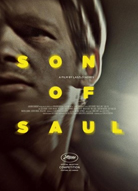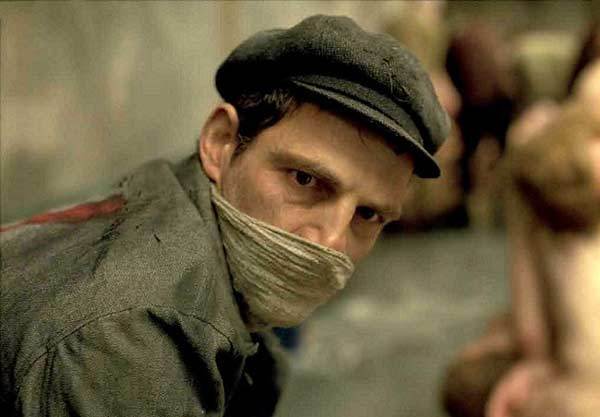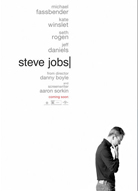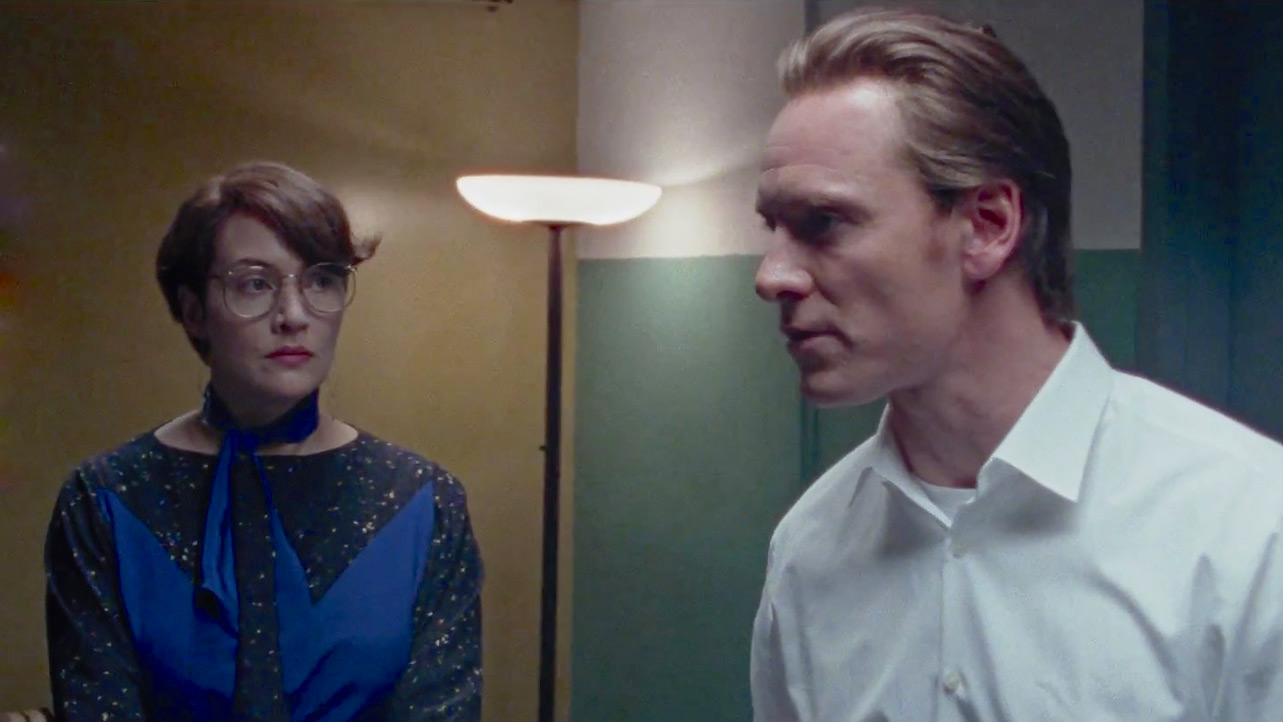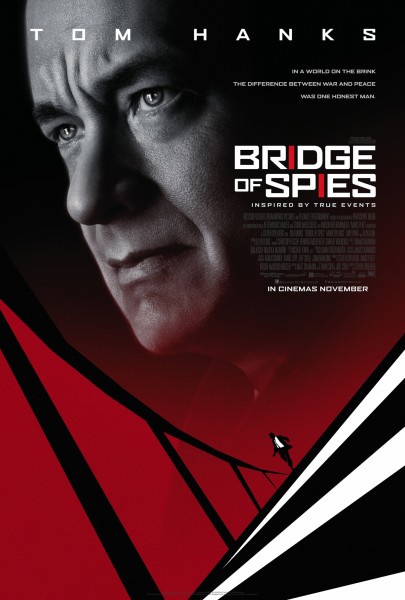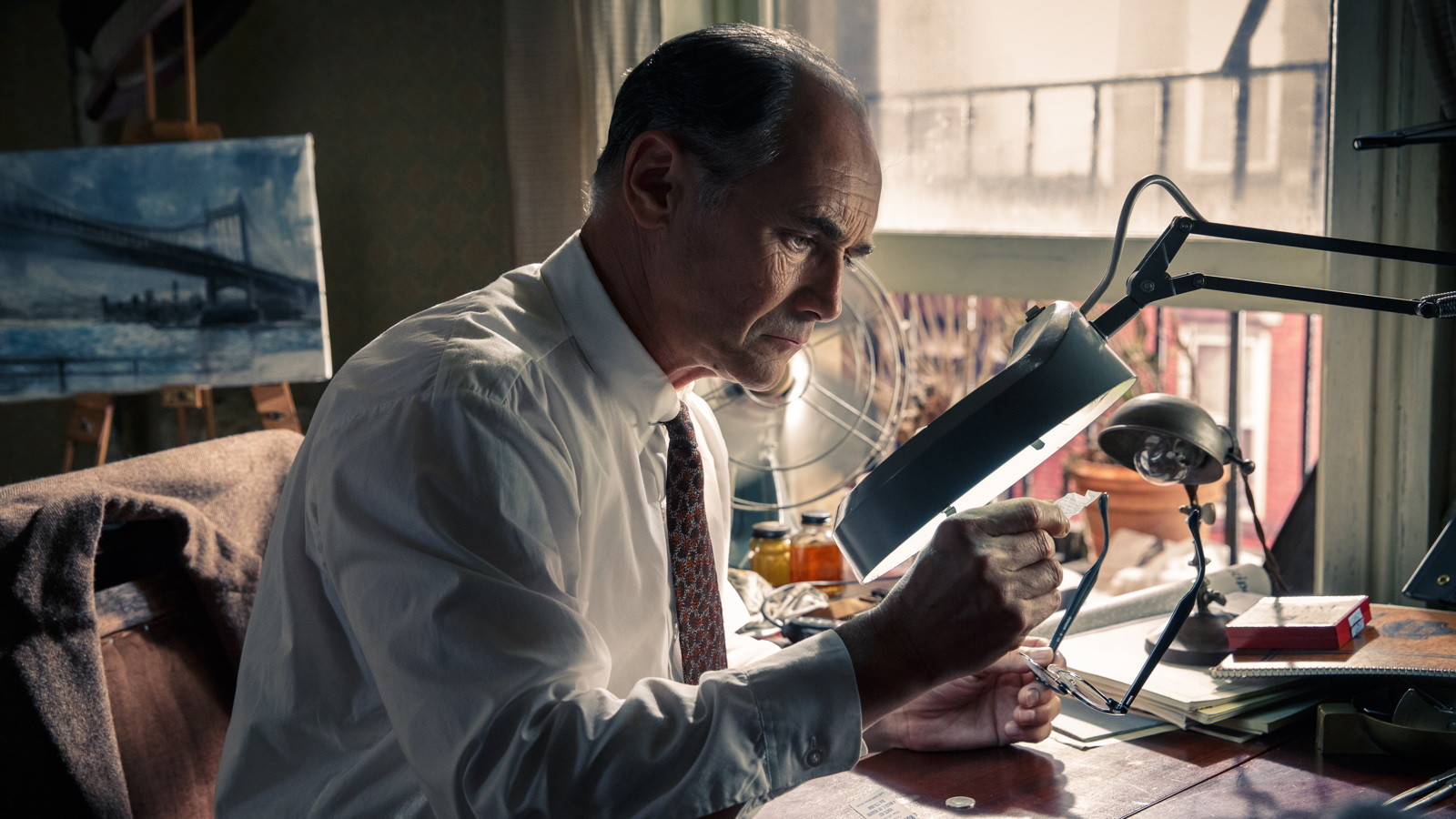NYFF: Paul Thomas Anderson and "Junun"
 Friday, October 9, 2015 at 7:14PM
Friday, October 9, 2015 at 7:14PM Here's Jason reporting from the New York Film Festival on Paul Thomas Anderson's music documentary Junun which plays Sunday Oct 11th. Subscribers to MUBI can watch it streaming online. The album (of the same name) arrives on November 13th
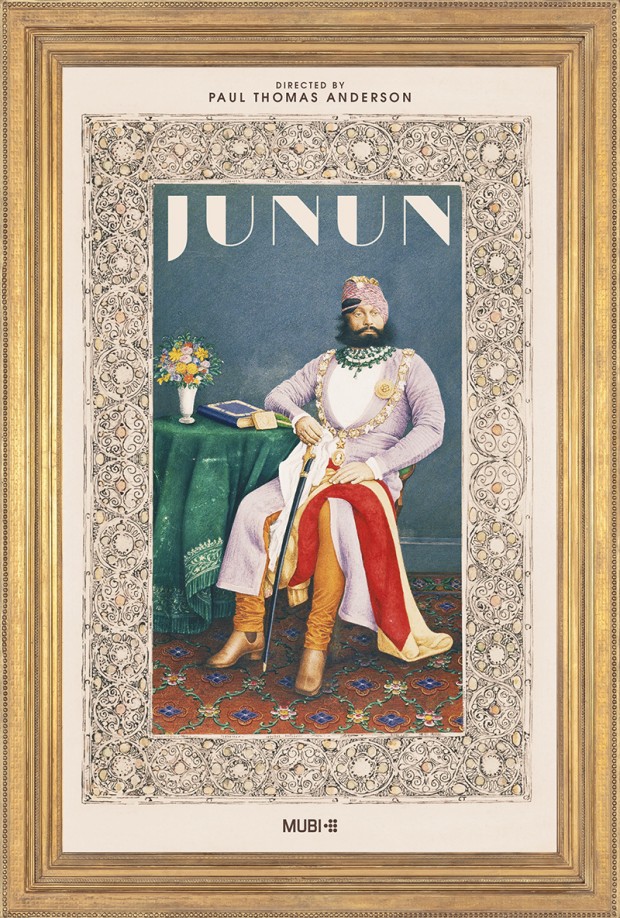
A moment of actual honest-to-blog transcendence arrives early, surprisingly early, in Junun, Paul Thomas Anderson's documentary which drops us in the middle of a recording session involving Radiohead guitarist and film composer Jonny Greenwood and a troupe of supremely talented Indian musicians. Anderson situationally immerses us from the first frame, plunking us down at the center of a session and spinning to and fro lazy-susan-like to stare at our collaborators. But it's a wee bit further in, once we've gathered our bearings as to what we're in for (okay, nobody's gonna hold our hands, gotcha) and he lets the music practically carry us out the window and up to a quite literal bird's eye view, that I felt the first twinge of that transcendence I mentioned, and before I knew what was quite happening tears were rolling on down my face.
Listen, Jonny Greenwood's got my number. We've all got our musical deities, those folks who can twist a knob or lay their pinky finger delicately on a single string, and with it break the emotional dam damming us daily up. There aren't many folks I'd follow blindly into war, but my cult-like devotion to every member of Radiohead is unshakable, my personal firmament. I lay this admission out here because I don't know how emotionally stirring a document like Junun will be to someone who's not being moved by the music because that, alongside Anderson's shaky digital footage of men blowing horns and night-time scooter rides through the streets, is that. There are moments of individual levity sprinkled about, between numbers, but Junun's grip, while tight and skyward bound, is probably only big enough to carry off a few. I recommend being a chosen one but what do I know? I'm blind and dumb with emotion here.
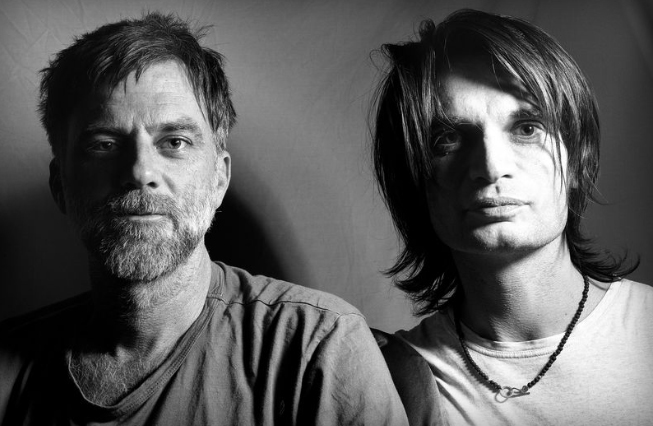 Photo © Shin Katan
Photo © Shin Katan
 Jonny Greenwood,
Jonny Greenwood,  NYFF,
NYFF,  P.T. Anderson
P.T. Anderson 


